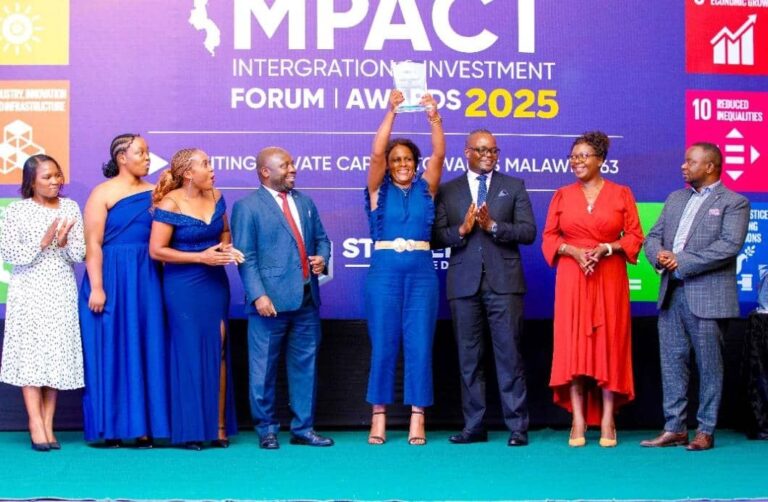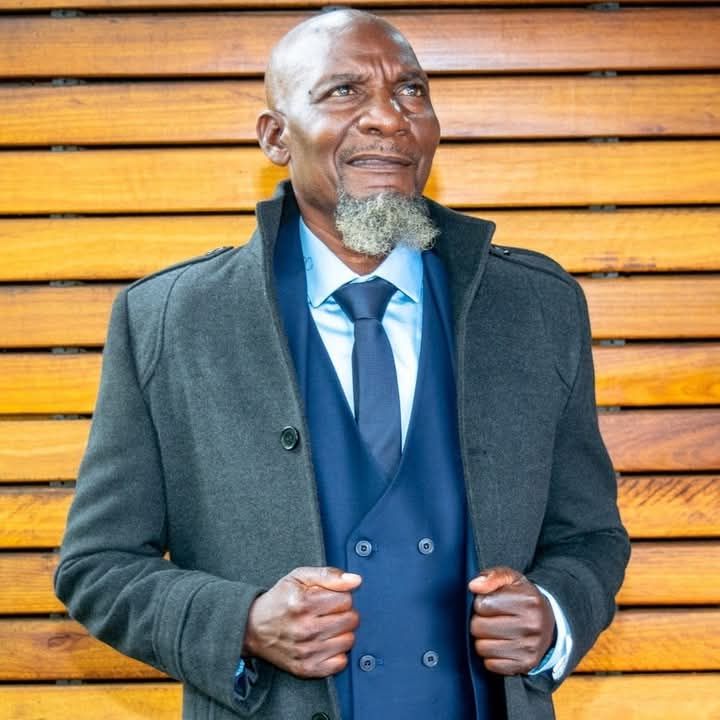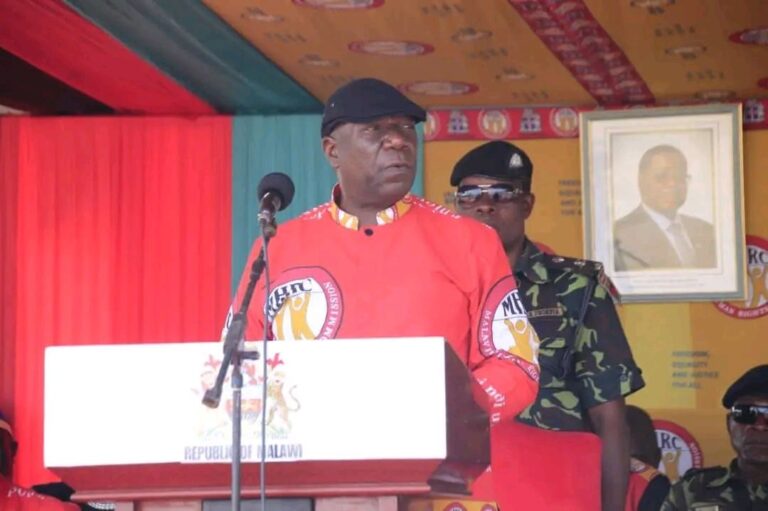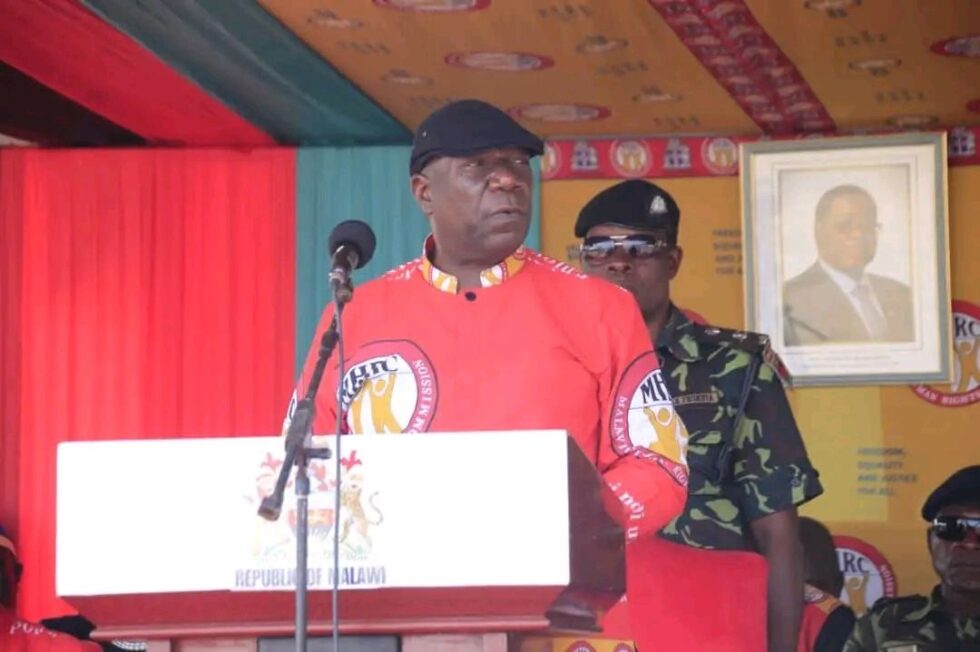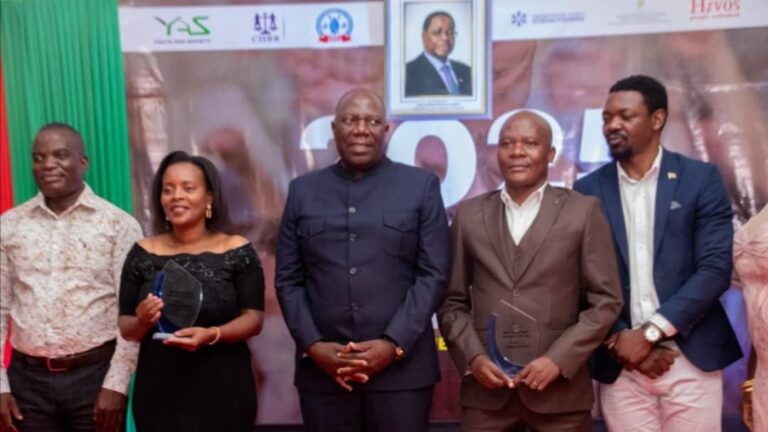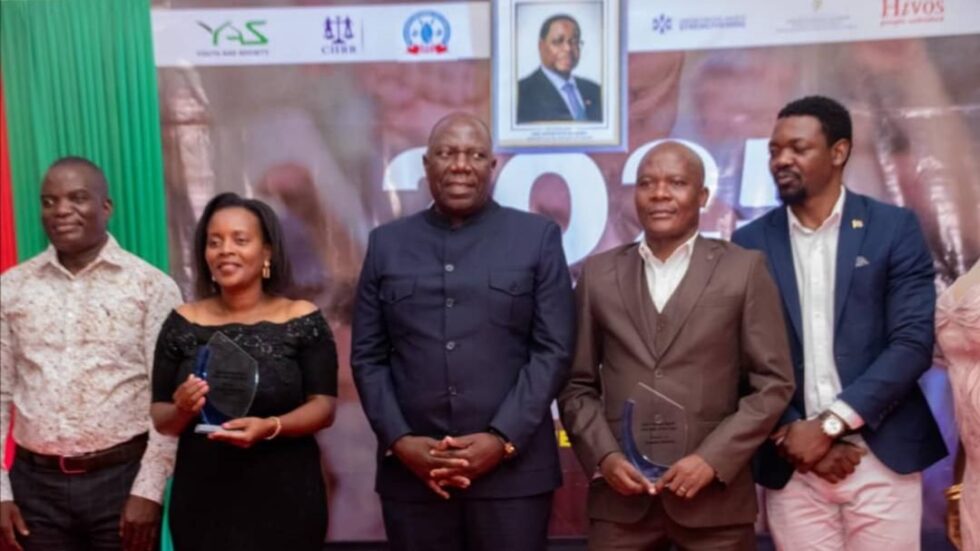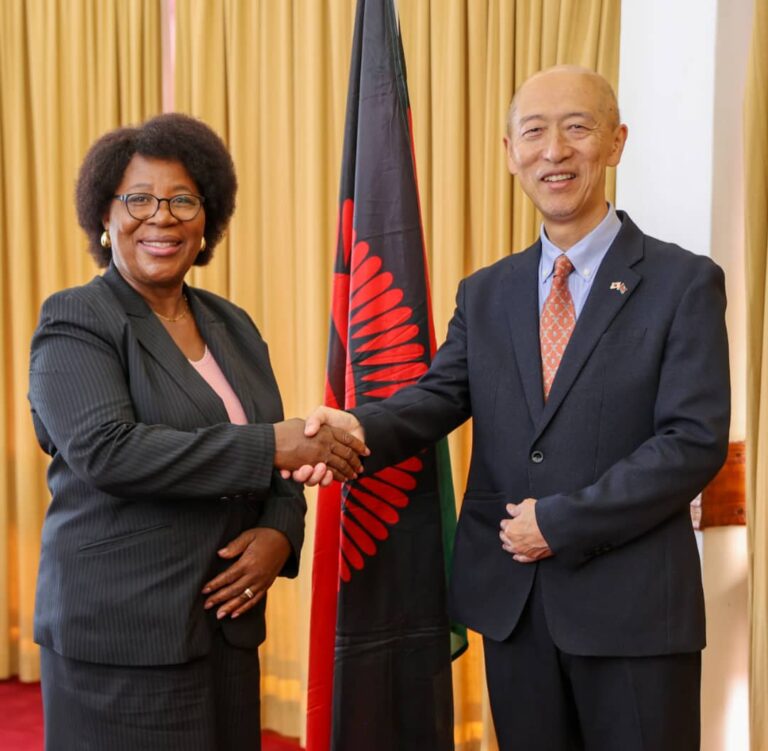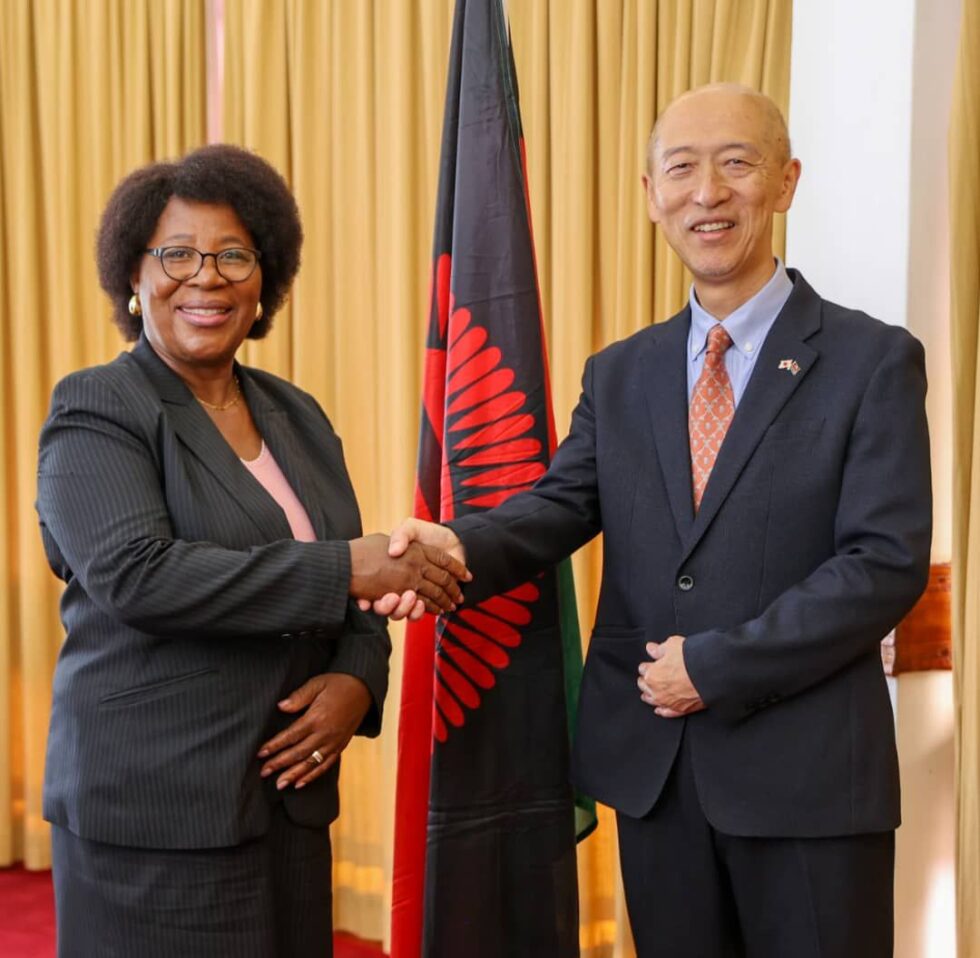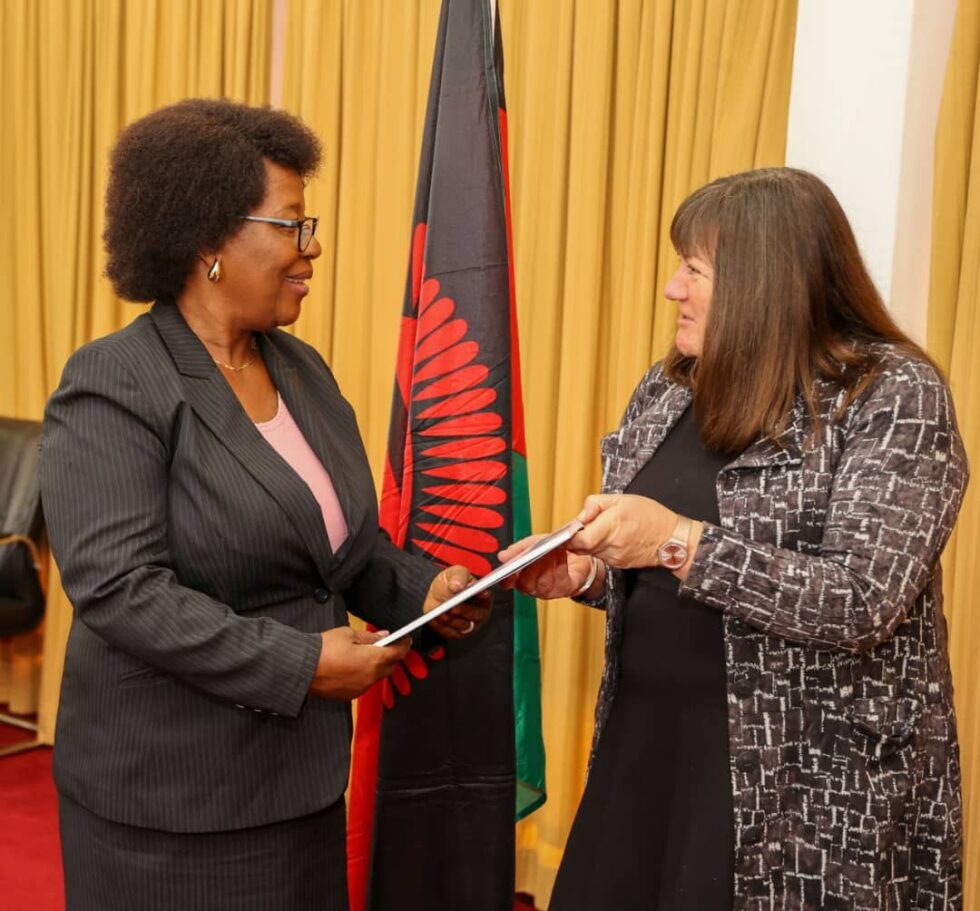By Linda Kwanjana
NBM Development Bank Limited (NBMDBL) has been named the Top Industrialisation Catalyst Award winner at the 2025 Impact Integration and Investment Forum held at the Bingu International Convention Centre (BICC) in Lilongwe over the weekend.
The forum, themed ‘Mobilising Private Capital Towards Malawi 2063’, formed part of the Midterm Review of the Malawi Implementation Plan (MIP-1) organised by Stratedge Limited.
This year’s awards spotlighted institutions driving inclusive growth, sustainability, and measurable socio-economic transformation in line with national development aspirations.
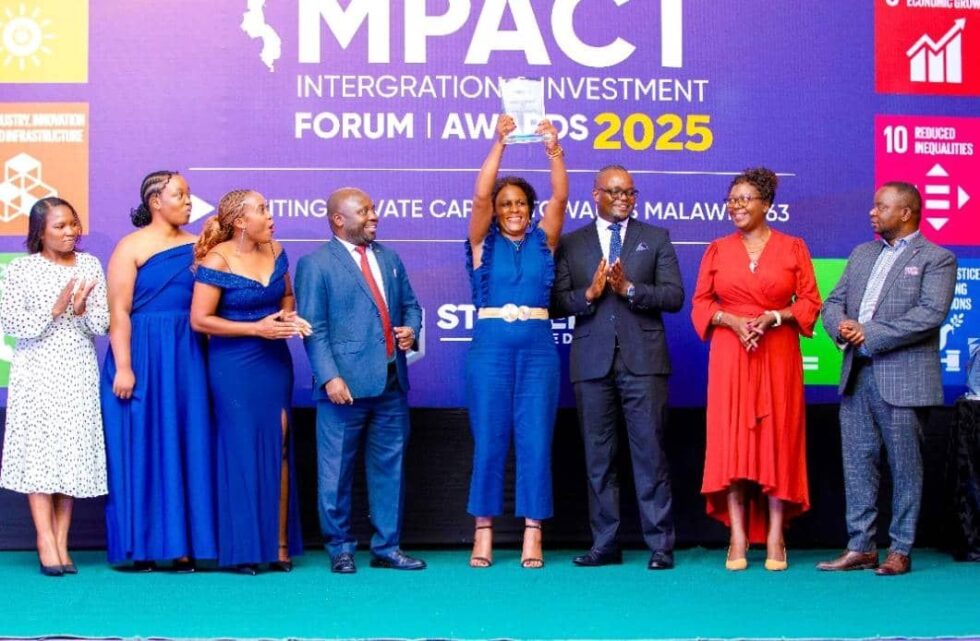
According to Stratedge Limited, Managing Partner, Kisunge Kabwere, NBMDBL excelled in financing programmes that are accelerating industrialisation and boosting agricultural productivity and commercialisation, apart from effectively leveraging key enablers such as human capital development, economic infrastructure, good governance, and private sector dynamism.
“NBM Development Bank Limited has financed 78 SMEs across agribusiness, manufacturing, energy, education, health, tourism, ICT, water and sanitation, and structured mining, strengthening supply chains and enabling value addition. A total of K17.03 billion has been disbursed through blended financing, including concessional rates under the FInES project, providing patient capital for scaling operations, and this is something that deserves recognition,” said Kabwere.
It was also observed during the awards ceremony that the Bank’s initiatives have also contributed to significant job creation, with over 1,800 direct and indirect jobs generated.
“These interventions have fostered skills development, supported industrial operations, promoted export expansion and import substitution, and advanced inclusive development,” added Kabwere.
Reacting to the recognition, NBMDBL General Manager Bernard Masi, said the award reaffirms the institution’s mandate of driving development financing in Malawi.
“We are deeply rooted in development funding, and this award serves as a strong encouragement for us to continue pushing boundaries,” said Masi.
He dedicated the award to the Bank’s customers and staff, acknowledging their pivotal role in the institution’s achievements.
“This award belongs to our customers and our dedicated team. Their trust and hard work are what make recognitions like this possible,” he added.
Looking ahead, Masi underscored the Bank’s commitment to expanding its support for Malawi’s private sector.
“We are committed to finding even better and more innovative ways to support businesses across Malawi. Our goal is to ensure that entrepreneurs and enterprises continue to thrive,” he said.
In 2024, NBMDBL was awarded by the Malawi Investment and Trade Centre (MITC) in the Best Financial Services category at the 34th Malawi International Trade Fair.


